Is depression a choice? Well, certainly not as it affects nearly 300 million people all over the world. It is a mental health condition that can affect your brain and health.
Does depression cause brain damage or the other way around? This has been the topic of debate for years and finally, researchers have found evidence that persistent depression leads to brain damage and not vice versa.
Neurologists previously hypothesized that brain damage was a predisposing factor for chronic depression, but a new study published in Molecular Psychiatry sheds a different light on the subject.
In a study of 9,000 individual samples collected from the ENIGMA group database, researchers found a causal relationship between persistent depression and brain damage.
Upon comparing the Magnetic resonance images (MRIs) of participants in study diagnosed with chronic depression (1,728 patients) and healthy individuals (7,199 ), shrinkage of the hippocampus was found in the former.
Specifically, the study found that those patients diagnosed with major depressive disorder, “showed robust reductions in hippocampal volume (1.24%) in MDD (Major Depressive Disorder) patients compared with healthy controls.”
Related: 7 Warning Signs Of Depression That You Need To Know
What is the hippocampus?
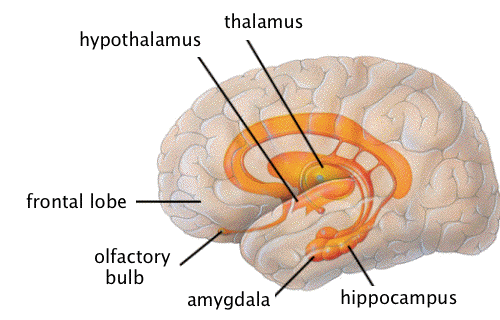
The hippocampus is a small area of the brain that is located in the medial temporal lobe of the brain. It is comprised of two halves, one of which resides in each hemisphere of the brain. It plays an important role in the limbic system.
Hippocampus is the region in the brain associated with the creation of new memories and associating emotions with them. Its functionality also involves spatial navigation and the formation of long-term memory.
Inside the hippocampus resides the amygdala and its key role is to process and comprehend emotions. This part of the brain is attached to the limbic system too and also functions to connect emotions to memories.
Related: Understanding Depression With Beck’s Cognitive Triad
According to some studies on the brain and mental health, the amygdala and shrinkage of the hippocampus were linked with depression, but due to limitations like small sample size, the results are not quite reliable.
The hippocampus and depression
Researchers have found that in addition to its importance in forming and maintaining memories, the hippocampus is also pivotal in controlling emotions.
Professor Ian Hickie, a co-author of the study and a renowned mental health campaigner, explains the hippocampus’ relationship to depression, “Your whole sense of self depends on continuously understanding who you are in the world – your state of memory is not about just knowing how to do Sudoku or remembering your password – it’s the whole concept we hold of ourselves”
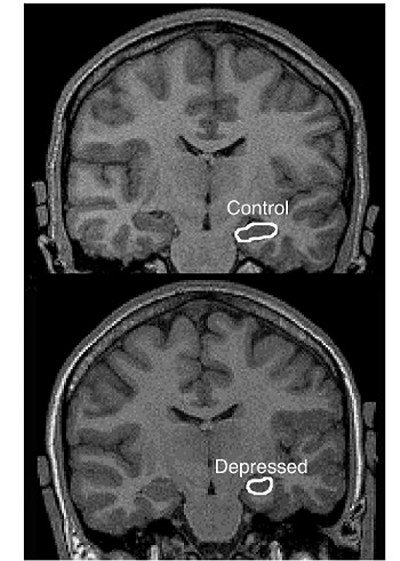
Professor Hickie further elaborates on the relationship between a shrinkage in the hippocampus and changes in behavior observed in animals from the past, “We’ve seen in a lot of other animal experiments that when you shrink the hippocampus, you don’t just change memory, you change all sorts of other behaviors associated with that – so shrinkage is associated with a loss of function.”
Those who suffer from depression usually have low self-esteem and lack motivation in completing even day-to-day self-care activities like bathing, eating, combing one’s hair, or dressing. It is common for those suffering from depression to also have a deflated self-confidence, which simply refers to their negatively distorted self-image.
Consequently, it affects the process of creation and storage of memories, your perception of your past self, and how you project yourself in the future.
What is depression?
Depression is a mental health disorder (a type of mood disorder) characterized by persistently depressed or low mood or a complete loss of interest in activities causing significant impairment in daily activities.
People living with depression are pessimistic about their relationships, work, careers, and everything in life. And the root is low self-esteem and negative perceptions about themselves and the people around them.
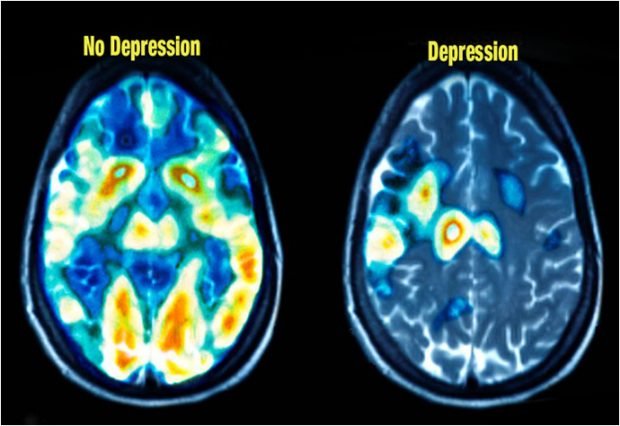
The state of depression manifests through repetitively regretting your past and fearing the future and this is known as rumination. It is not a singular conscious choice. Thoughts and feelings are well connected. As you think, so shall you feel!
When you think negatively your brain fantasizes about uncomfortable and unpleasant outcomes and vice versa when you think positively. In the case of people with depression, their mind is filled with a pessimistic outlook toward life.
Related: Untreated Depression Can Change the Brain Over Time – Study Says
The outcome of repetitive negative thoughts is cognitive restructuring where your brain alters your emotional reactions and behaviors toward unfavorable outcomes. Sort of how an avalanche only goes faster and gets bigger when careening down a snow-covered mountain.
Some interesting statistics are available supporting the shrinkage of the hippocampus based on which researchers argue that such shrinkage parallels the change in the thinking process of people with depression.
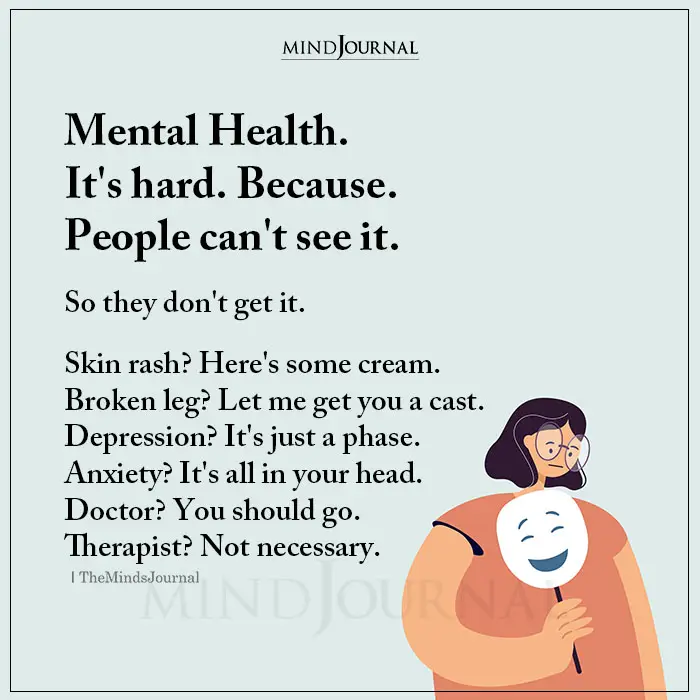
But, the important question is if it is difficult for someone with even a small percentage of reduction in the hippocampus to overcome negative thinking without the full capacity of their brain.
Related: 8 Things You MUST Know To Understand Your Partner’s Depression
Depression Isn’t A Choice But You Can Change Your Outlook, Here’s How…
1. Be Mindful
The best antidote to depression is living in the present and connecting with the moment in the given situation.
2. Increase your self-awareness
If you want to break free of a negative thought cycle, then you must first understand yourself. You need to realize your needs and wants and what you have and don’t have. The next step is acceptance!
3. Be grateful
Try to be grateful for whatever you have and accept it. No resentment, no regret, and no guilt.
4. Seek support
The main reason why fighting depression or any other mental health issue is hard is because of the stigma attached to it.
The best thing is to talk with your loved ones as much as you can. They will be non-judgemental, moreover, they know you well and help you correct the negative view about yourself.
Related: Why Depression in Most Men Go Unrecognised
Talking to your near and dear ones can boost your confidence and instill hope that you will beat the depression. When your mind is clouded, you can’t see the light, but people around can always guide you on the way.
5. Try Meditation and Yoga
According to researchers, meditation and yoga are useful strategies that can sharpen your brain and help you think smarter. These practices enhance mindfulness which can improve the neural connectivity in the brain circuit.
Related: How Yoga Benefits You Physically and Mentally
Depression in the United States
Today depression is a matter of grave concern across the world. Globally, 280 million people (approximately) of all ages suffer from depression as stated by the World Health Organisation (WHO).
Talking about the United States, the suicide rate is growing by leaps and bounds. Between 2000 to 2020 the suicide rate increased by 30%, as per Centers for Disease Control and Prevention (CDC) and National Center for Health Statistics (NCHS).
Suicide is highly prevalent among Americans. On average, nearly 130 Americans die by suicide each day, that is 1 death every 11 minutes. And, depression has been found to be the major risk factor for suicide.
Related: Music Therapy for depression – how can it heal you?
A few years ago, public awareness about depression was very poor, and most used to think that this mental health issue is a lifestyle disease where people are just too weak to live or move ahead in life. Some had a misconception that Depression is a sign of mental weakness.
Some still debate that depression is a disorder or disease. The fact remains that depression is a debilitating condition that drastically affects the lives of millions of people all over the world. It is a globally paralyzing factor contributing to deaths every year.
Depression is more than just being sad, and it is not a symptom of weakness. It isn’t discriminatory against race, gender, or ethnicity. It can affect anyone of any age and class, equally fatally.
Most importantly, depression is not a choice.
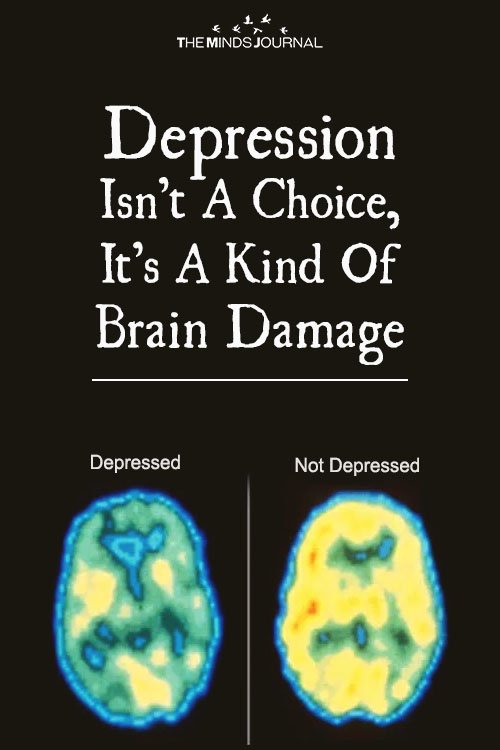
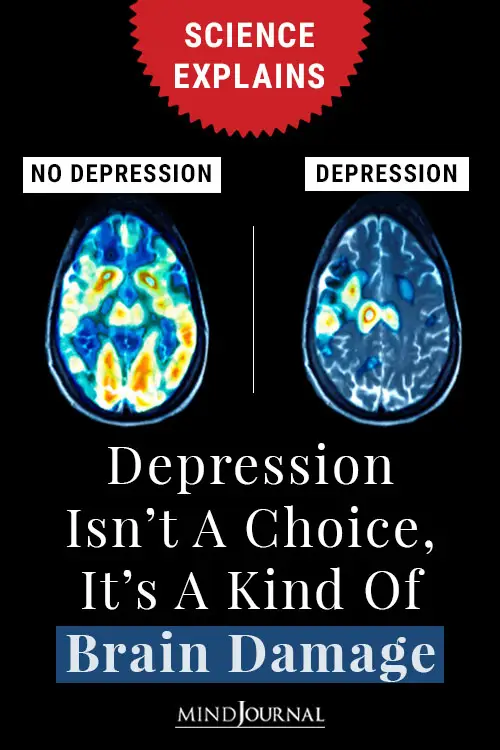
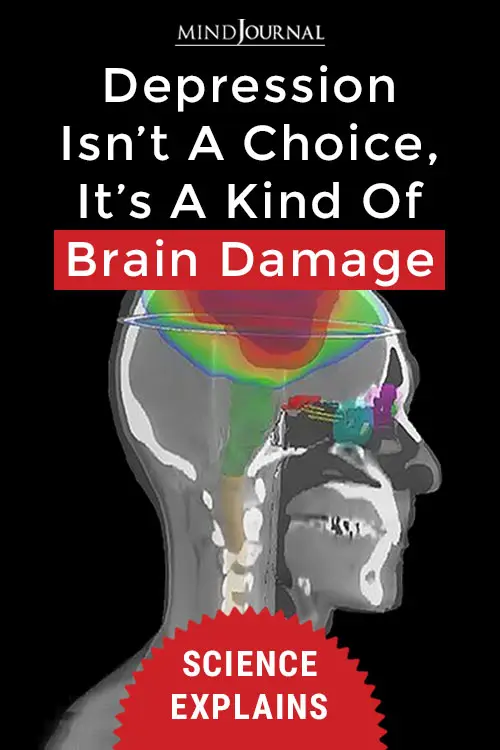
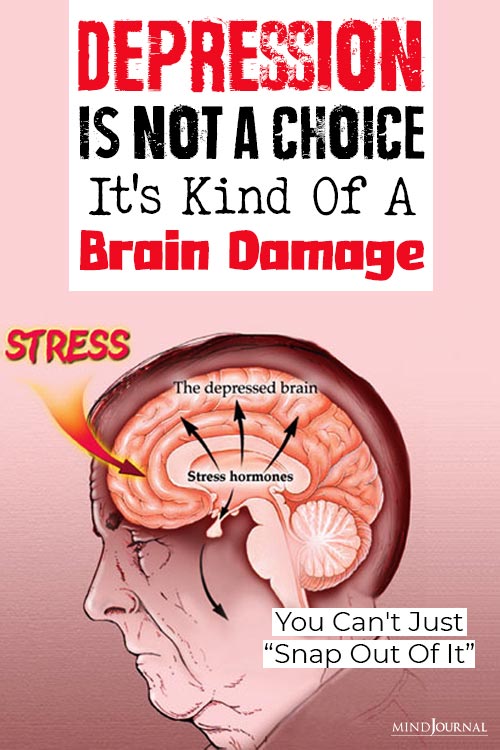
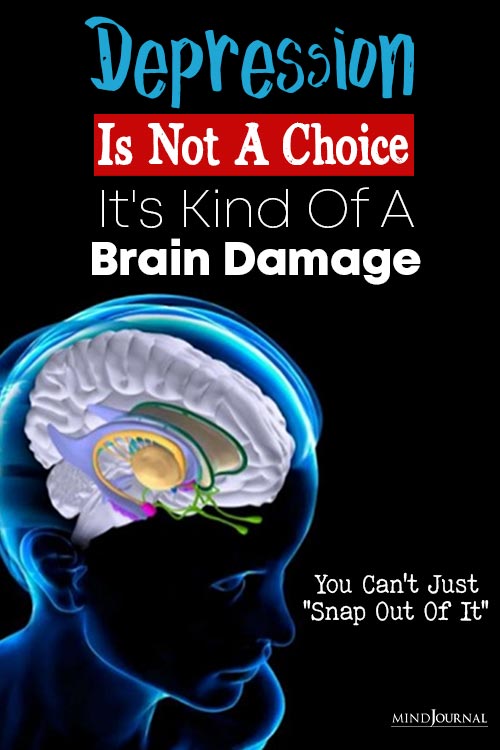
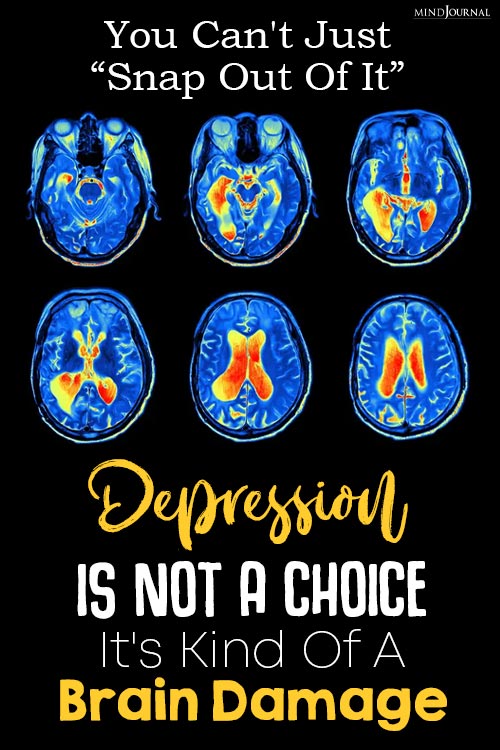
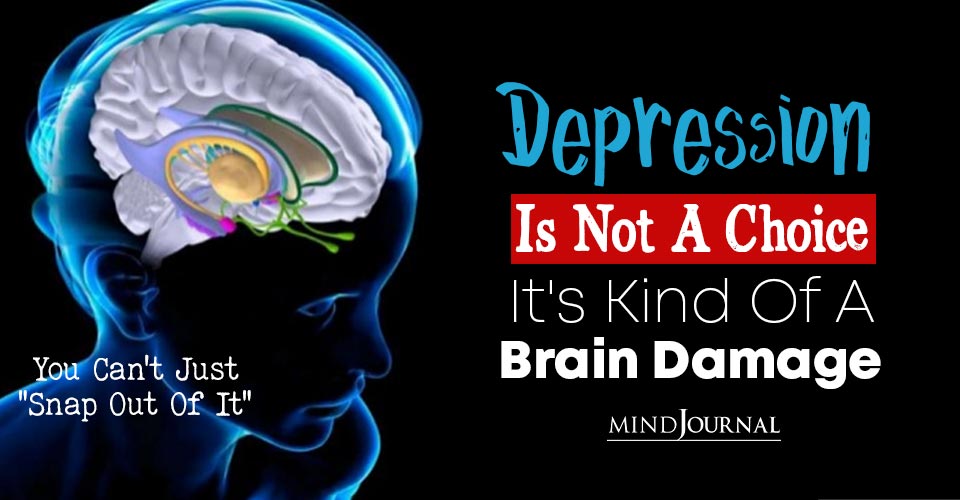







Leave a Reply
You must be logged in to post a comment.